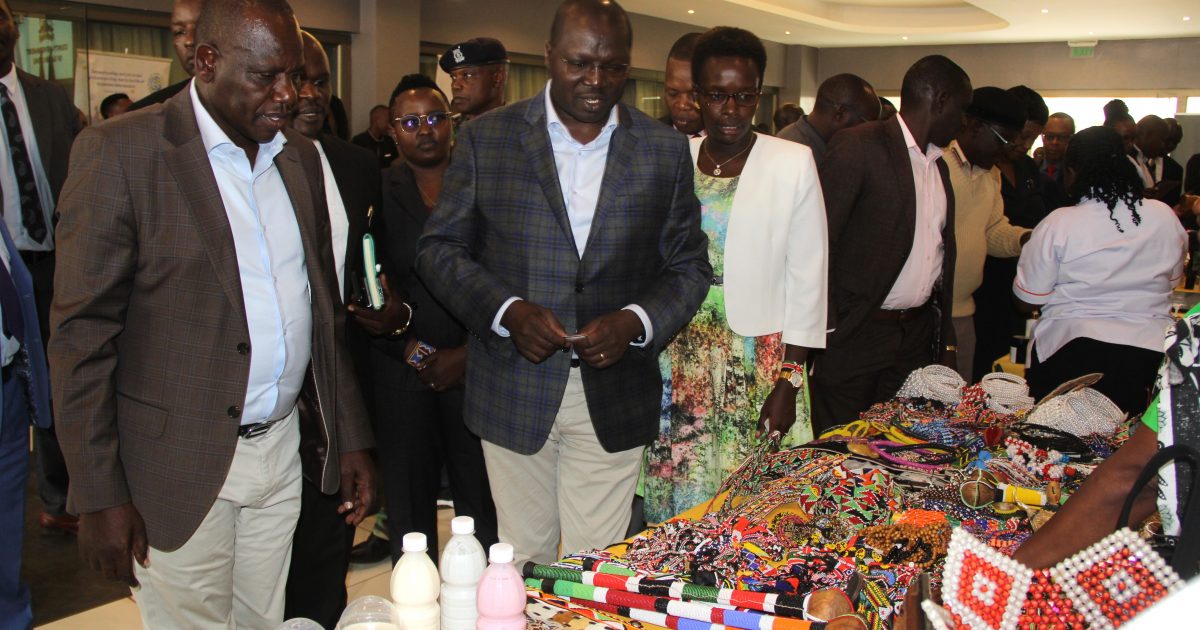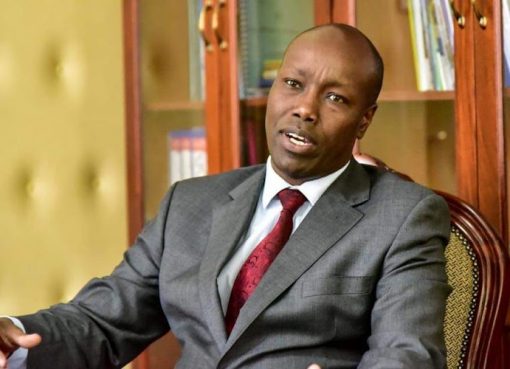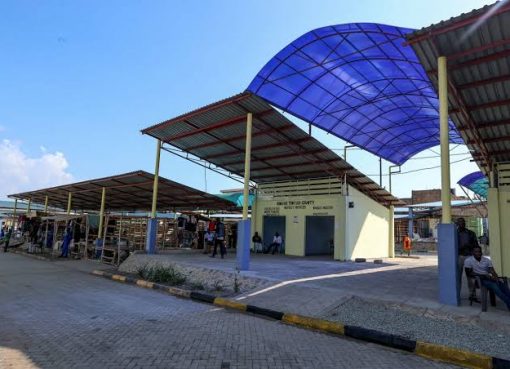Kenya’s fast-growing economy recognizes the critical role played by cooperatives and micro, small and medium sized enterprises (MSMEs), employing a majority of young people and women from all backgrounds, thereby providing stability in household income generation.
The Cabinet Secretary of Co-operatives and Micro, Small and Medium Enterprises (MSME) Development Simon Chelugui spe
He underscored the role women play in the implementation of the Bottom–Up Economic Transformation Agenda (BETA) and encouraged them to take advantage of the value chains that the government is rolling out.
“In particular, the government is determined to revitalize coffee, tea and dairy sectors by putting the interests of the farmers at the forefront,” he noted.
“As the ministry we are going to invest Sh. 500 million in the New Kenya Cooperative Creameries (KCC) Eldoret to promote instant milk. This plan will process and package milk for export and also provide 25 coolers.
Chelugui added that the government is taking serious steps to promote coffee farms and already providing Sh. 80 per kilogram.
“My ministry will partner with county governments to ensure that Cooperatives, Saccos and MSMEs get the best atmosphere for them to flourish.,” added the CS.
On his part, Uasin Gishu governor Jonathan Bii noted that the county, is pleased to collaborate with all government agencies to offer the support to women through empowerment.
“I appreciate all stakeholders who have continued to make their voices and actions heard in supporting women in business as this platform provides women with an opportunity to become aware of available opportunities locally, regionally, and internationally,” he noted.
“The MSMEs and cooperatives sectors hold great potential for women to engage in value chain activities therefore, you need to be unique and create a competitive advantage to position yourself in the ever-changing market,” said Bii.
“We have 775 registered Cooperatives in the County with a membership of over 120,000 members and these Cooperatives have accumulated Sh. 2.3 billion in deposits, and have an asset base of Sh. 5.8 billion,” he added.
Bii noted that the Cooperative institutions had a turnover of Sh. 1.8 billion in the last financial year.
“My administration has put in place plans to enhance capacity building, revive dormant cooperatives, engage in value addition, develop infrastructure, adhere to the 30 percent Access to Government Procurement Opportunities (AGPO), and provide affordable financing through the County Inua Biashara Fund, targeting the MSMEs,” added the governor.
He stated that the county is also focusing on the provision of the County Enterprise Fund for cooperatives and partnering with other financial institutions including
“It is important to note that women entrepreneurs cannot succeed without reliable sources of financing and we are working towards ensuring that those registered in cooperatives and groups benefit from our financial entities, including the County Inua Biashara Fund, County Enterprise Development Fund for Cooperative Society Saccos, Women Enterprise Fund, Kenya Industrial Estates Fund, and Micro and Small Enterprise Authority,” said Bii.
He commended the Cabinet Secretary Simon Chelugui for the efforts of the Kenya Kwanza administration in providing the Hustler Fund, a digital financial inclusion initiative that has seen the disbursement of more than Sh. 30 billion within a few months.
“This has empowered women to take an active role in their businesses, and our county has provided support to women cooperative societies with a total of Sh 52.5 million,” he noted.
Bii further added that it is exciting to note that the residents of Uasin Gishu county are among the top twenty borrowers in the country which have benefited from Hustler Fund and this is a clear indication of our citizens’ resolute commitment to financial inclusion.
“While we acknowledge the efforts made by women, it is essential to reflect on the emerging issues they continue to face, such as gender inequality, cultural norms and beliefs, and their moral standing in society and this is why there is a need to support them through resources and opportunities while helping them stand out in society,” noted Bii.
By Judy Too and Abigael Cherono




